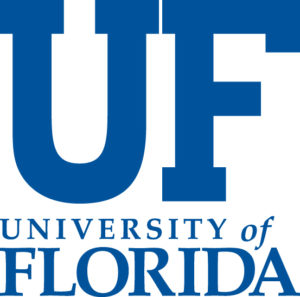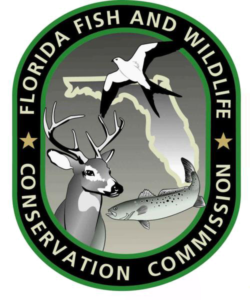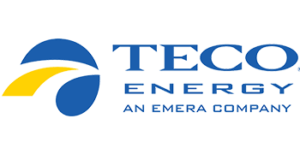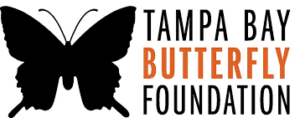Conservation Campus
Conservation Campus
The conservation campus is a 20-acre campus located in Apollo Beach, Florida, and exists as a partnership between the Tampa Electric Company (TECO), The Florida Aquarium, the Florida Fish and Wildlife Conservation Commission (FWC), and the University of Florida. CFC is an integral part of the 500+-acre Florida Conservation and Technology Center (FCTC), which also includes TECO’s Manatee Viewing Center, Clean Energy and Technology Center, boat launch, kayak and hiking trails, and solar arrays. The Florida Aquarium’s conservation campus is home to the Aquarium’s Coral Conservation and Research Center, Sea Turtle Rehabilitation Center, various research and water quality testing laboratories, and five pollinator gardens. FWC’s Suncoast Youth Conservation Center, Stock Enhancement Research Facility (June 2020), fishing pier and kayak launch are also part of this unique public-private partnership.
FCTC is open to the public between November and April of each year.
Coral Conservation and Research Center
The Florida Aquarium’s Coral Conservation and Research Center is comprised of three large Coral Care & Rearing Greenhouses and our Coral Spawning Laboratory. Numerous science-based, impact-driven projects are conducted within these facilities to strategically protect coral species that are at risk of extinction in the wild, increase coral reproduction rates, advance coral health and restore the Florida Reef Tract.
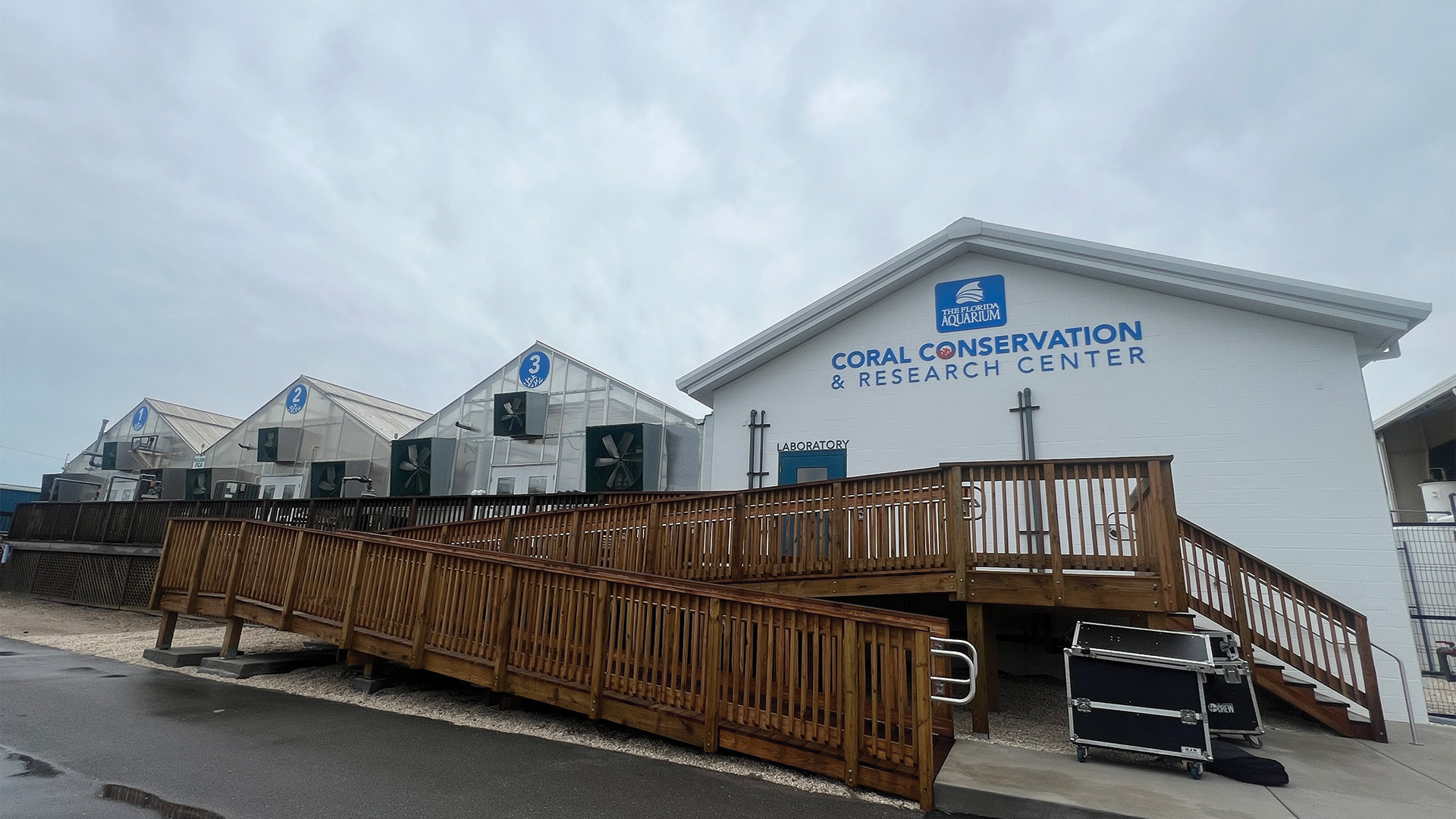
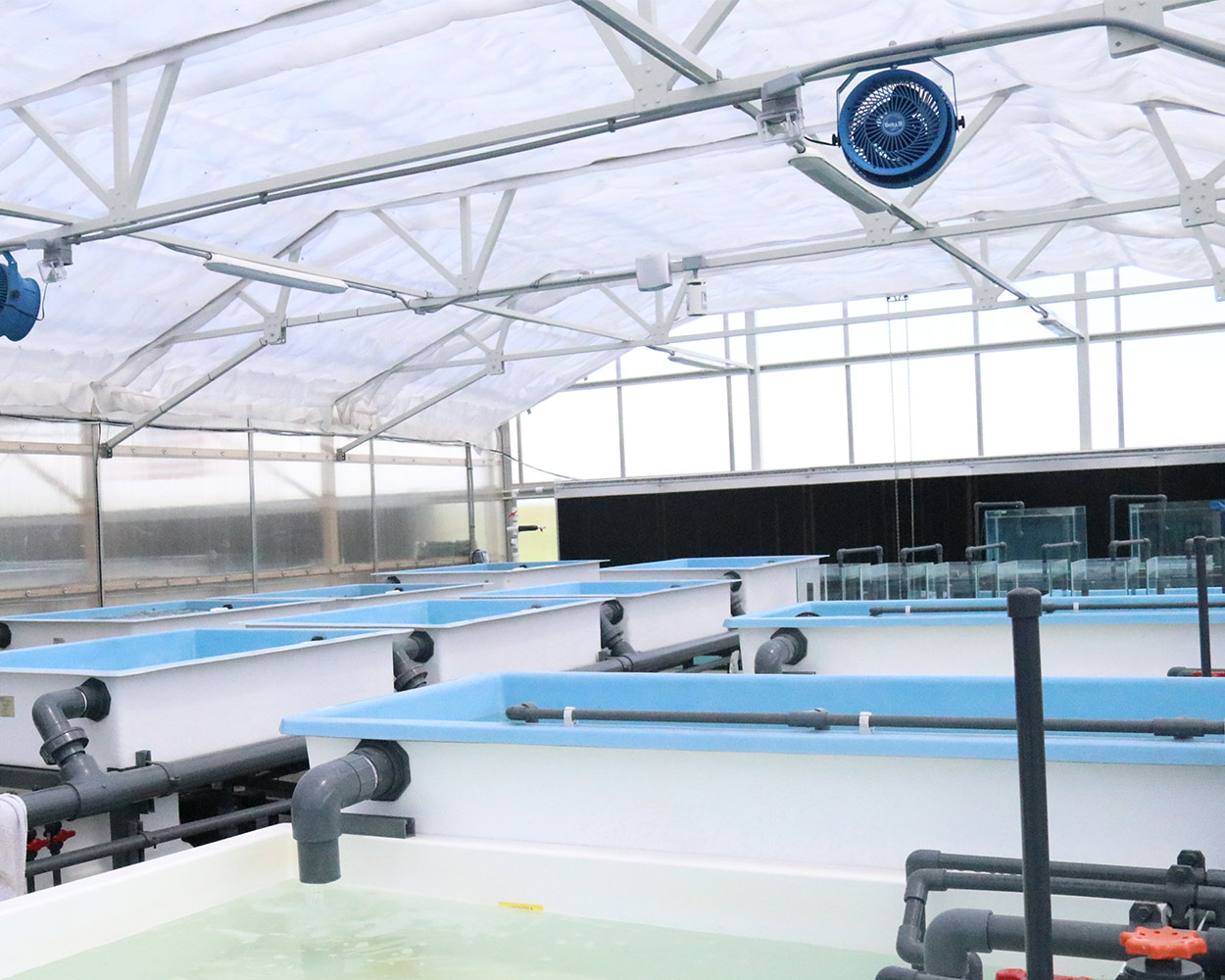
Coral Archive
Long-term care is provided in our living coral archive for 15 species of healthy coral, including species rescued from the Florida Reef Tract. Our cryopreservation lab also houses the world’s largest collection of staghorn coral sperm. The techniques of archiving living, and genetic banking of cryopreserved corals, will be used to build healthy, genetically diverse coral populations into the future.
Coral Spawning Laboratory
In 2019, The Florida Aquarium successfully induced coral spawning in a laboratory setting which resulted in sexually produced offspring that were raised into the juvenile stage! Work continues to induce spawning with additional species and to shift the spawn timing to bring production rates up to a scale that will meet restoration needs.
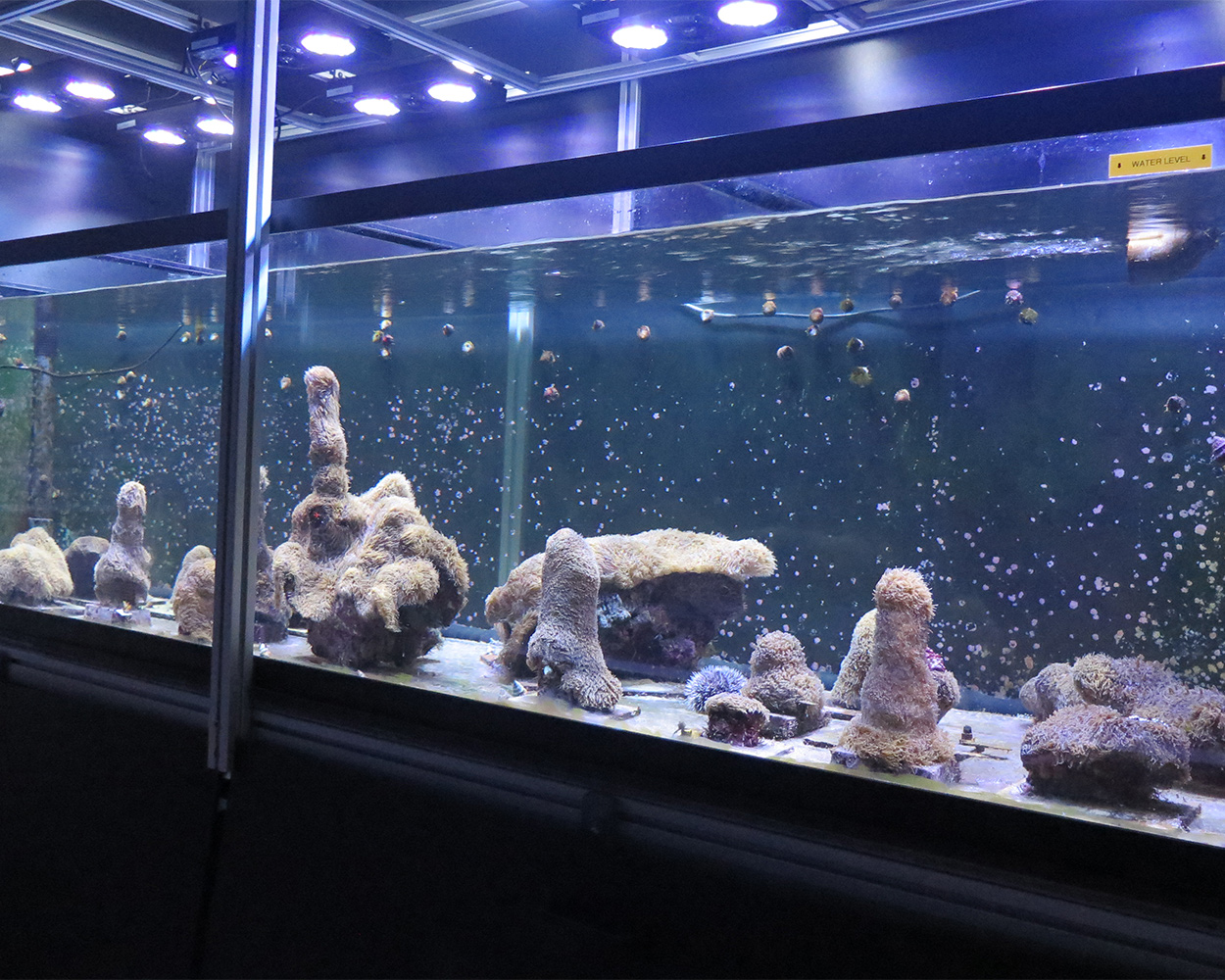
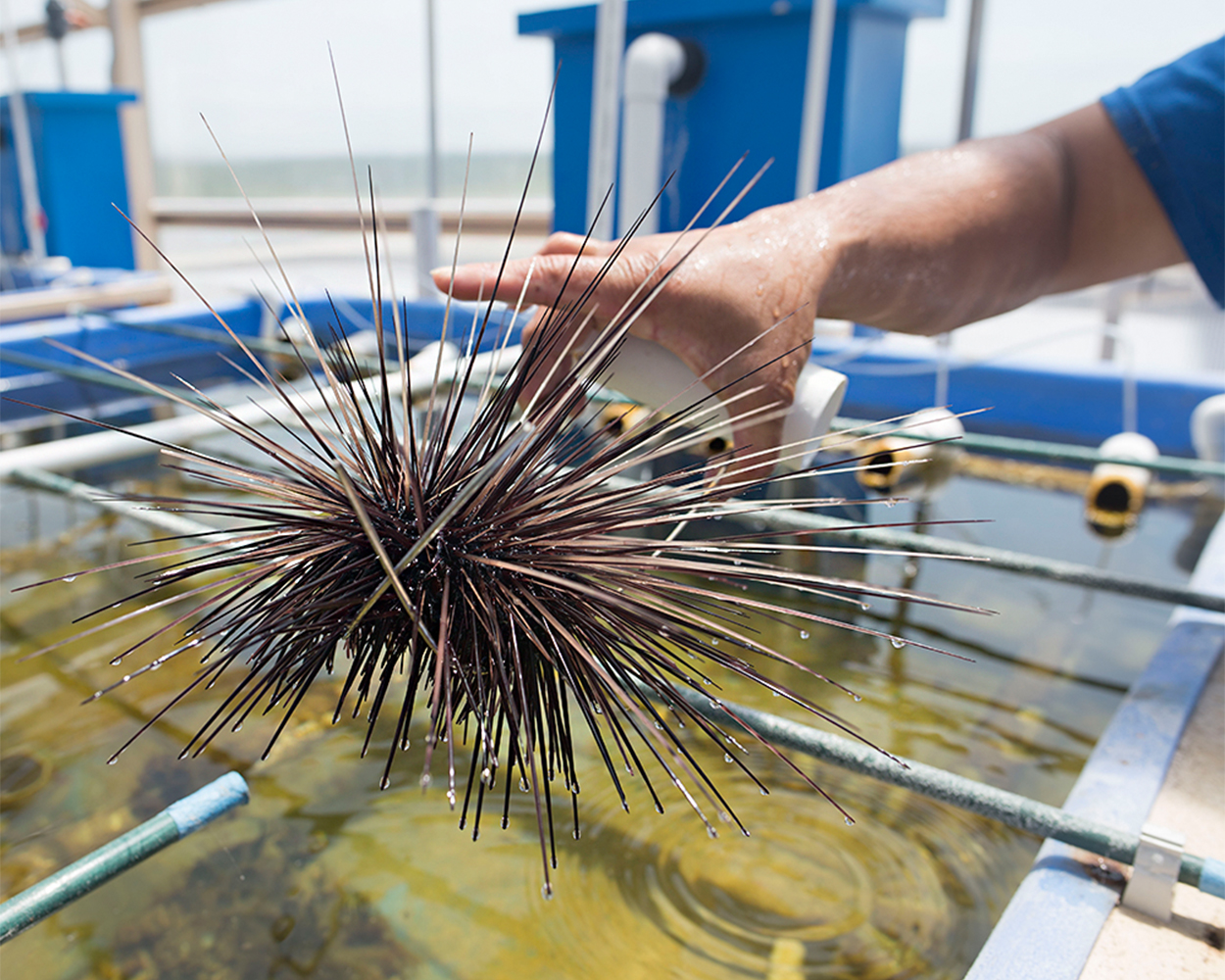
Coral & Herbivore Nursery
Nurseries are used to raise coral offspring from gametes collected from our spawning lab and from the wild and our living archive during natural spawning cycles. Long-spined sea urchins, important herbivores that keep algae levels in check for corals to grow, are also being cultured in a research laboratory (in partnership with the University of Florida) and raised in the nursery. Successful restoration of the Florida Reef Tract will require a significant and consistent supply of genetically diverse corals to be outplanted in tandem with the release of herbivores.
Sea Turtle Rehabilitation Center
The Florida Aquarium’s Sea Turtle Rehabilitation Center, completed in 2019, is a 19,000 square-foot facility that houses four rehabilitation pools, a deep-dive foraging pool and a state-of-the-art veterinary suite. These resources maximize our capability and capacity to respond to increasing sea turtle rescue and rehabilitation needs, conduct vital health research to improve sea turtle care and husbandry techniques and increase the number of sea turtles returned to their natural habitat.
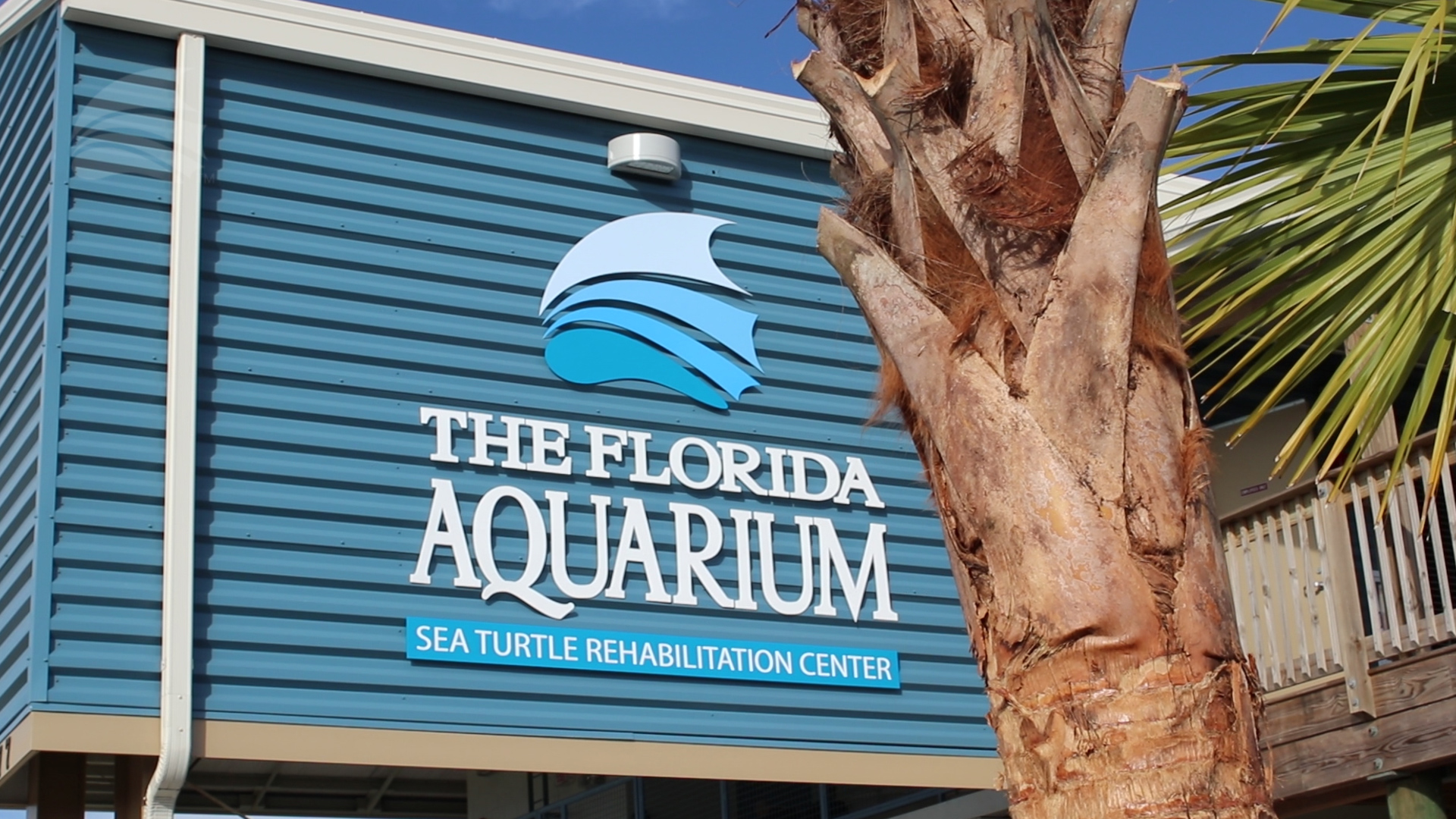
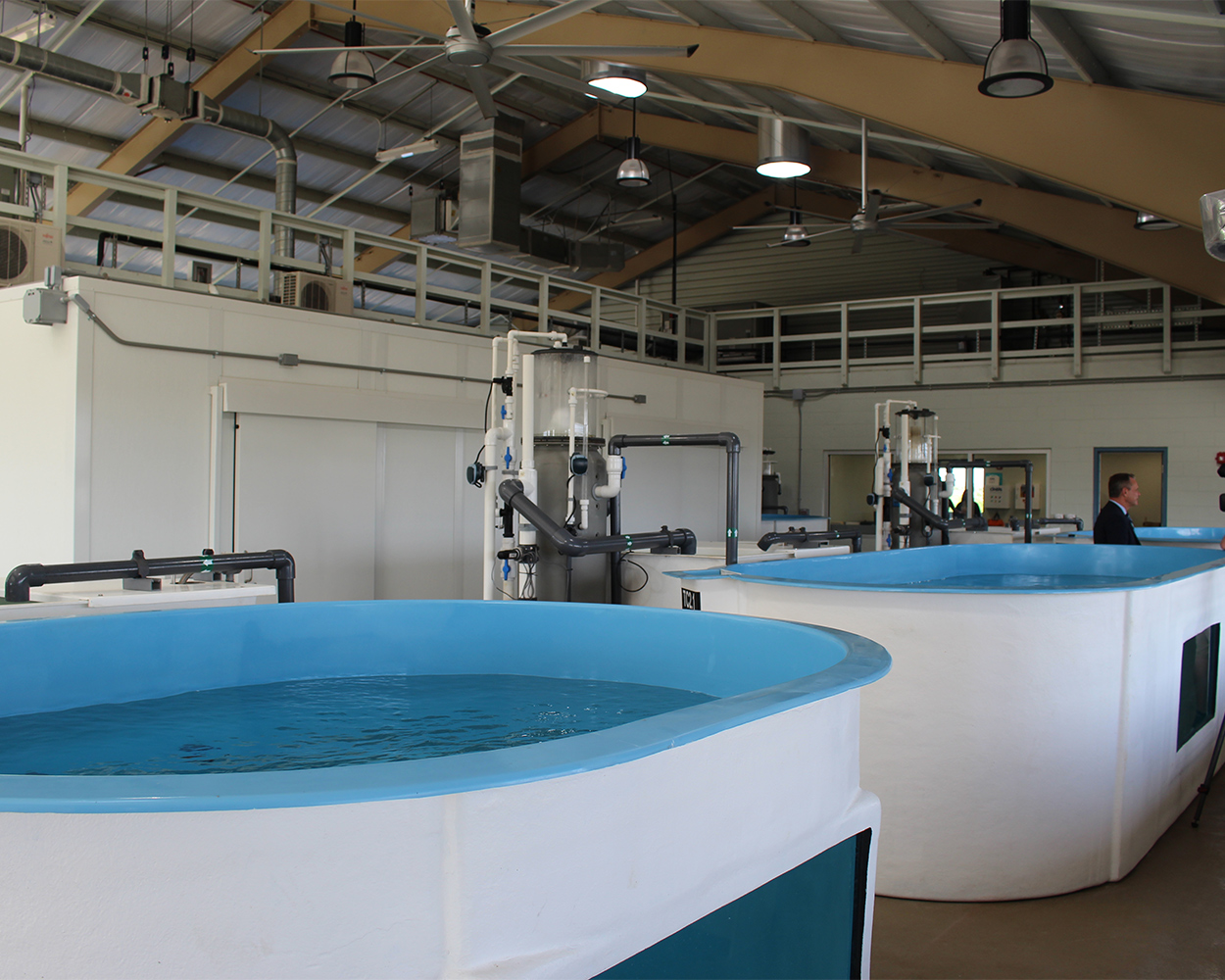
Rehabilitation Pools
Serving as a distinguished leader in sea turtle rehabilitation, our facility maintains four independently filtered rehabilitation pools that can be subdivided to house multiple animals. This design provides an important ability to care for sea turtles in various stages of rehabilitation. Each pool has underwater windows which allow guests to view the animals in our care.
Veterinary Suite
We consistently provide excellent husbandry care for our animals. Sea turtles become stranded for a variety of medical reasons, and our facility has a fully outfitted veterinary hospital to provide state-of-the-art diagnostic and treatment technologies to aid in their recovery. The hospital is surrounded on two sides with floor-to-ceiling glass panels to allow guests to view animal care procedures from the exterior deck.
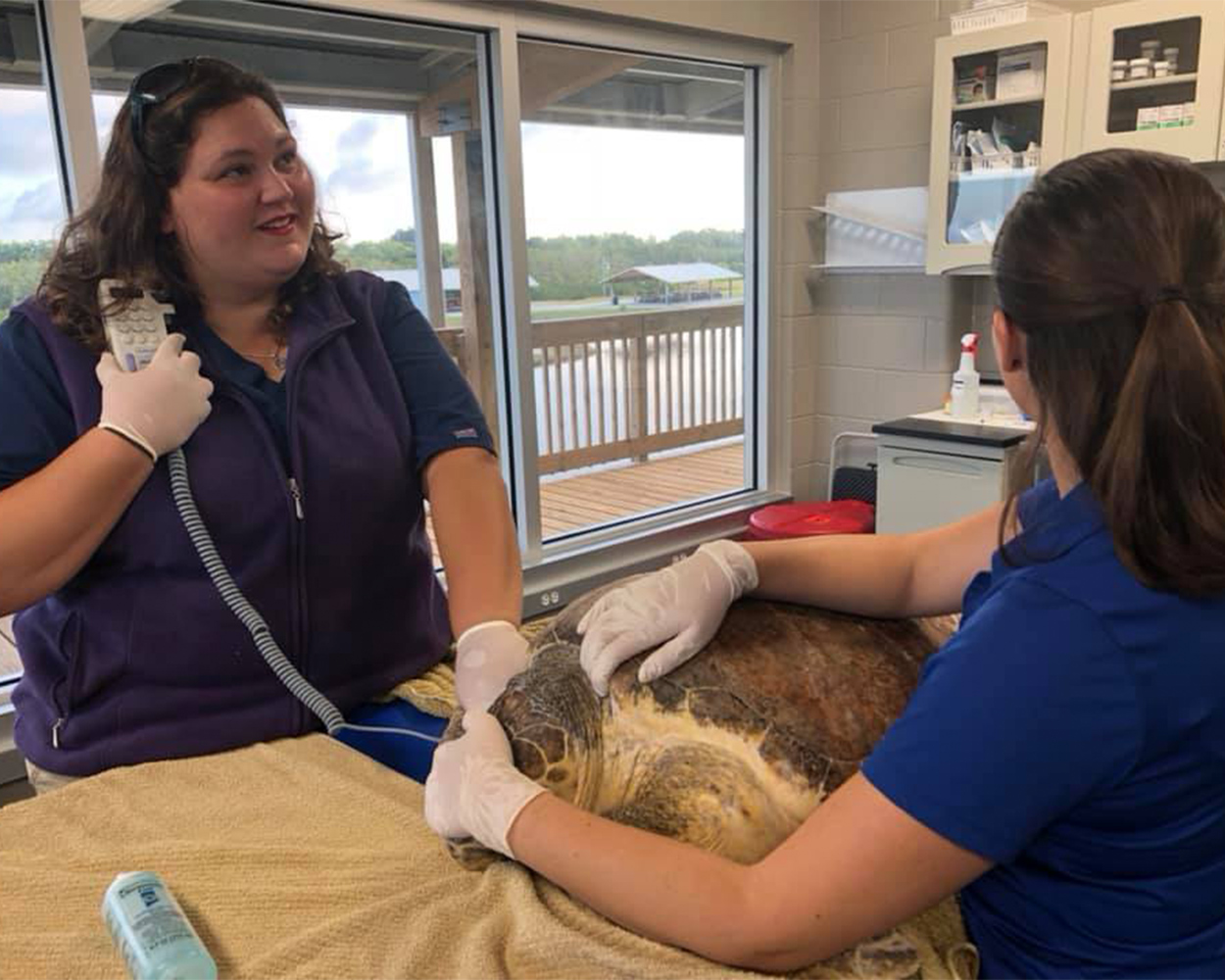
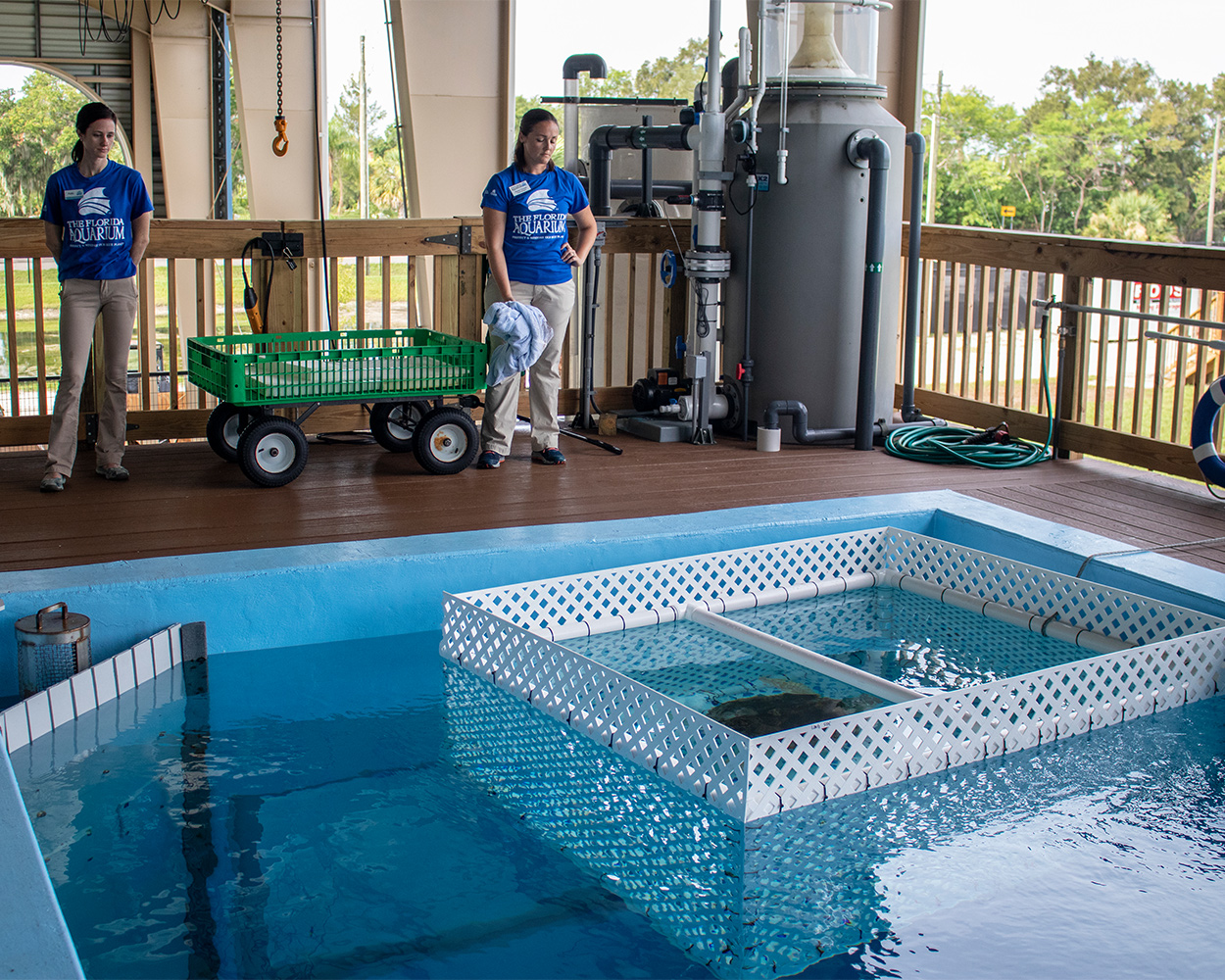
Deep-Dive Foraging Pool
Before rehabilitated sea turtles can be released, several pre-release criteria must be met. Unfortunately, the animal’s ability to forage for live food at any significant depth is often difficult to ascertain. To meet this need, a one-of-a-kind deep-dive foraging pool, complete with underwater viewing, was constructed. Release candidates must be able to forage at depth before release, and the pool is offered for use to turtles rehabilitated at other facilities.
Proud Partners
The Florida Aquarium’s conservation programs and priorities cannot be accomplished alone, and we are proud to partner with our community, local, national and international government agencies, universities, nonprofit organizations and businesses. The Florida Aquarium conservation campus facilities are made possible by our partners:
